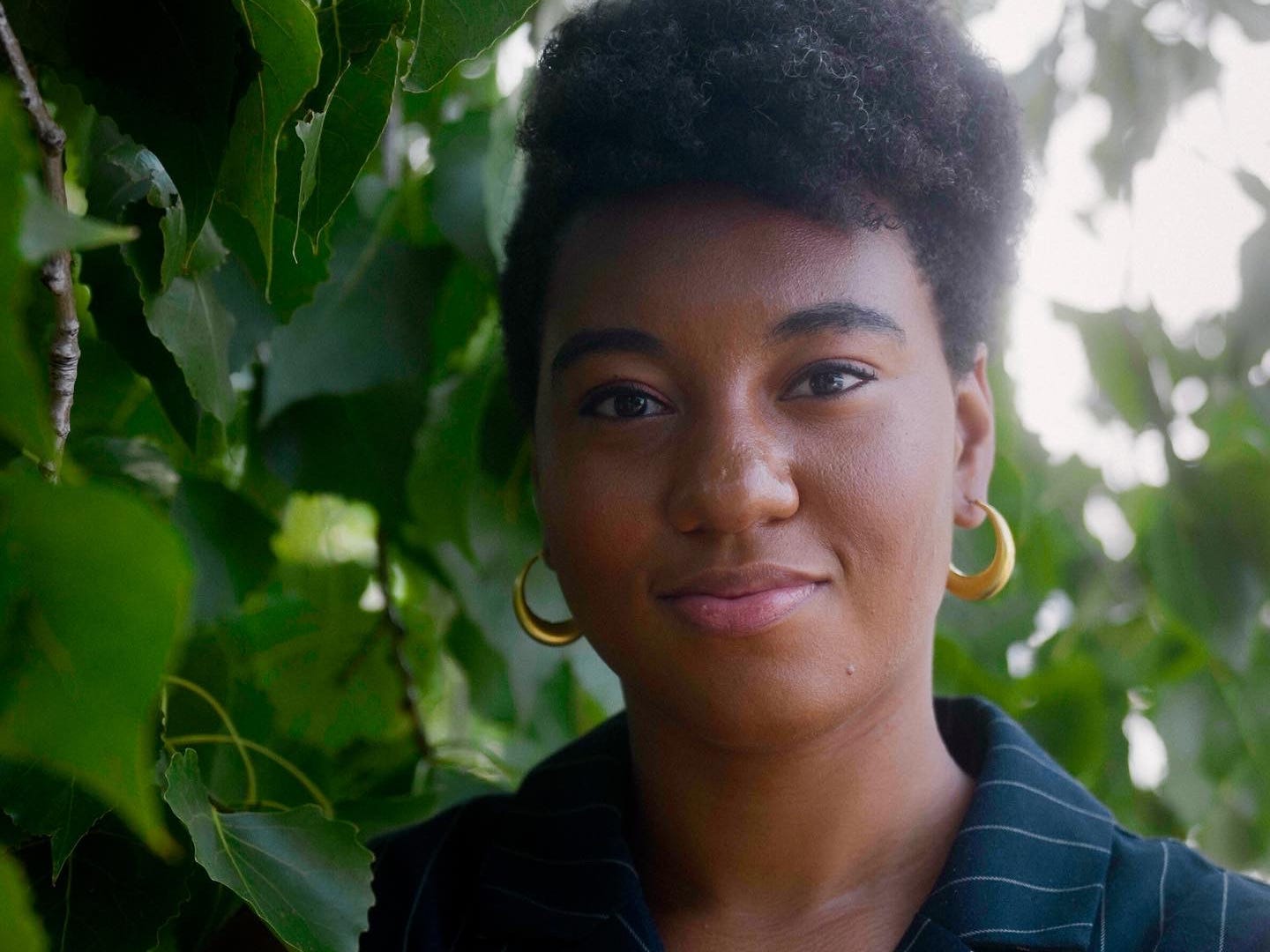
Jess X. Snow
This as-told-to essay is based on a transcribed conversation with 27-year-old filmmaker Natalie Jasmine Harris. The following has been edited for length and clarity. Reps for Malia Obama, Nike, ad agency Wieden + Kennedy, and production company Iconoclast didn’t respond to requests for comment from Business Insider.
Earlier this month, at the Denver airport on the way home from a TV directing mentorship program, I was scrolling on Instagram when Malia Obama’s Nike ad with basketball star A’ja Wilson appeared on my feed.
At first, I was confused, wondering if it was real. It featured two people playing pat-a-cake in a way that echoed an early scene from my 14-minute short film “Grace,” which is a Black Southern Gothic short about a girl who’s being baptized and questioning her feelings for her best friend.
I’d met Malia at Sundance in 2024, when “Grace” and her short film, “The Heart,” were both in competition. We saw each other at the director’s brunch and a couple other events.
Initially, I was disappointed and hurt — not just for myself but for my entire team. I sent the commercial to friends who had the same reaction I did. One put together a shot-by-shot photo comparison.
Since posting about the issue online, there have been a lot of people who don’t understand my disappointment. They’re like, “You didn’t invent pat-a-cake.” And that’s very true. But it’s not about the game, it’s about the cinematic tools used to depict it.
My cinematographer, Tehillah De Castro, noted a lot of similarities from a technical perspective, from the camera angles to the shots to the framing composition and the color palette.
Over time, I’ve moved through that initial shock into a deeper frustration around how instances like this are very common — and need to change.
It speaks to a larger issue of brands not supporting independent artists, and opting for folks who already have name recognition, which doesn’t breed innovative films or original storytelling. If they wanted these shots that were similar to my shots, why not hire me to direct?
The route that used to work for the Spike Lees and Steven Spielbergs of the world feels less viable today. If we’re continuously overlooked, how is the next generation of filmmakers going to exist?
Despite early success, being a young director has been a struggle
I knew I wanted to be a director from a young age.
I started making documentaries in high school about social justice during the Black Lives Matter movement. A lot of my work centers joy in coming-of-age experiences, black women, and queer stories — things that are personal to me.
Despite graduating from NYU in 2020 at the height of the pandemic, I’ve had a lot of success so far. My thesis film, “Pure,” ended up getting bought by HBO shortly after I graduated, and it won the DGA Student Film Award. I also won a contest to direct a commercial for Hyundai and did a commercial for Verizon.
In addition to going to Sundance in 2024, “Grace” is also a Vimeo Staff Pick and will be on Criterion in June.
Still, being a young director has been a struggle. Festivals are great, but they don’t pay the bills. I’ve taken on other full-time and freelance jobs.
Right now, I’m working on my first feature, which I’ve spent the last several years writing and pitching.
But I’ve often run into roadblocks with production companies and financiers saying, in so many words, that no one wants to be the first person to bet on me — coupled with the fact that I’m young and don’t have an established name.
I would like for there to be some acknowledgment
I haven’t heard from Malia Obama or Nike since speaking out, but I would like for there to be some acknowledgement.
I was initially hesitant to speak out, being that it involves a former president’s daughter and a beloved brand like Nike. Criticizing something involving the WNBA was also hard because it means a lot to me personally, and it already gets such a lack of a spotlight.
But I’ve poured too much into my work to just sit by and watch.
Sometimes it can feel like filmmaking is something that’s supposed to be a hobby for the wealthy rather than something that can actually be a career.
But I don’t want to give up. I have a beautiful community of friends and family and colleagues fighting the same fight, and there’s hope in that. I still have a lot of stories I want to tell. And I want to be a name someday, too.
The post Why it hurt to see a Nike ad by Malia Obama that echoed my short film appeared first on Business Insider.




